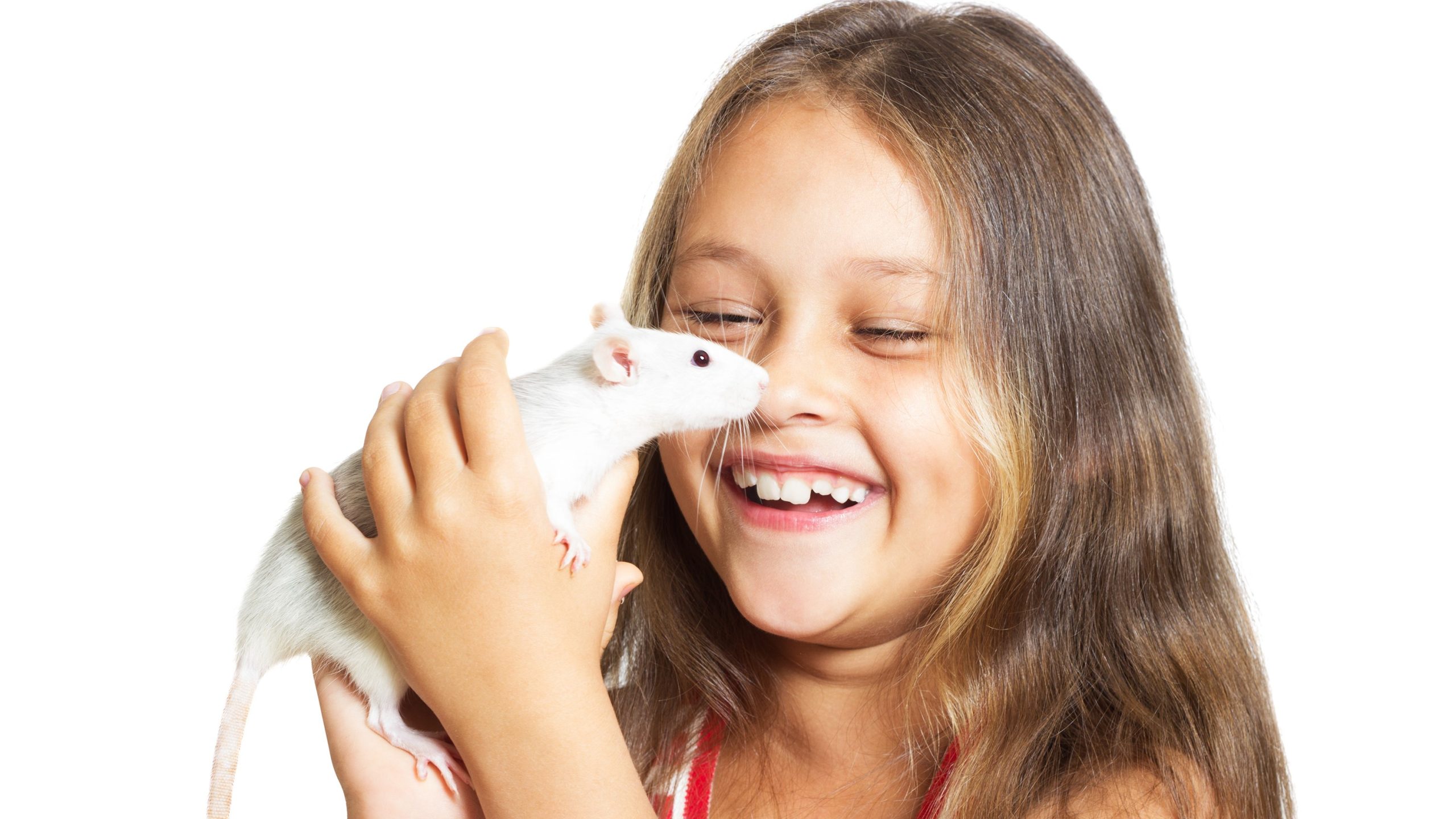Key points
- Seoul virus is a type of hantavirus carried by Norway rats (Rattus norvegicus).
- Rats infected with Seoul virus can spread it to people and other animals through their urine, feces, and saliva.
- Veterinary staff should take precautions when handling rats that might have Seoul virus.

Overview
Seoul virus is a type of hantavirus that is carried primarily by Norway rats (Rattus norvegicus). The virus has been found in both pet rats and wild rat populations around the world, including the United States. Seoul virus-infected rats shed the virus in their urine, feces, and saliva.
Rats become infected while commingling, fighting, or mating with infected rats, or through contaminated materials such as bedding. Rats do not show any clinical signs when infected and can shed the virus chronically for several months.
People can become infected with Seoul virus when exposed to rats that carry Seoul virus. Because rats with Seoul virus can spread to other rats and people. The CDC recommends euthanizing infected rats. Follow AVMA approved guidelines for euthanasia requests.
Diagnosis
Diagnostic testing of newly arriving rats can be an effective tool in preventing the introduction of infected rats into non-infected colonies. CDC recommends serologic testing to determine if a rat is infected with Seoul virus. This testing detects antibodies (IgG) to Hantaviruses, including the Seoul virus. Antibodies are detectable within 4 weeks of exposure.
A positive serology result means that the rat has been infected with the Seoul virus and can pose a risk of spreading Seoul virus to other rats or people. A negative result means there is no evidence of Seoul virus exposure in the rat at the time of the sampling.
PCR testing can detect Hantavirus RNA in blood, organ tissues, or other fluids. Because rats can intermittently shed virus when they are infected, PCR testing is NOT RECOMMENDED as the primary diagnostic test.
Prevention transmission when handling rats
Use standard precautions when performing physical exams and procedures with all animals. Extra precautions are needed when handling or examining rats potentially infected with the Seoul virus.
Seoul virus can be transmitted by direct contact or if infected materials are aerosolized. Airborne and droplet transmission precautions are recommended when handling rats from locations with confirmed Seoul virus cases.
These precautions include handwashing and wearing a gown, double gloves, face shields or goggles, and protective outer garments. Respiratory protection, such as N95 or N99 particulate respirators, or a powered air-purifying respirator (PAPR), are also recommended.
Veterinary staff should use personal protective equipment when handling soiled bedding or cleaning cages from rats that may be infected with the Seoul virus. Be sure all staff are familiar with safety steps and procedures. Specifically:
- Train staff and ensure they understand how to handle rodents.
- Schedule an appointment for the animal with suspected hantavirus when the clinic is less busy.
- Request the client bring rat(s) in a bare cage with no bedding.
- Suggest the client drape a towel across the outside of the cage during transit.
- Admit the client through a side entrance, if possible.
- Take clients directly to an exam room when they arrive.
After the visit, disinfect surfaces, cages, carriers, and clothing that were contaminated with urine, feces, or blood from the rat, and dispose of gloves. Allow the cage to air dry. Clothing can be laundered normally after disinfection.
Reporting positive cases
Veterinary staff and rat owners should receive information about the signs and symptoms of Seoul virus infection.
Employees who work with rats should seek medical care immediately if they experience flu-like symptoms within 8 weeks of handling rats or cleaning rat cages. Employees should also let their employer know about the illness and if there were breaches in PPE when handling the rats.
The employer should document which employees handled potentially infected animals, employees who are sick, and the dates of exposure and illness. If someone gets sick after being exposed, the employer should also notify the local health department.
